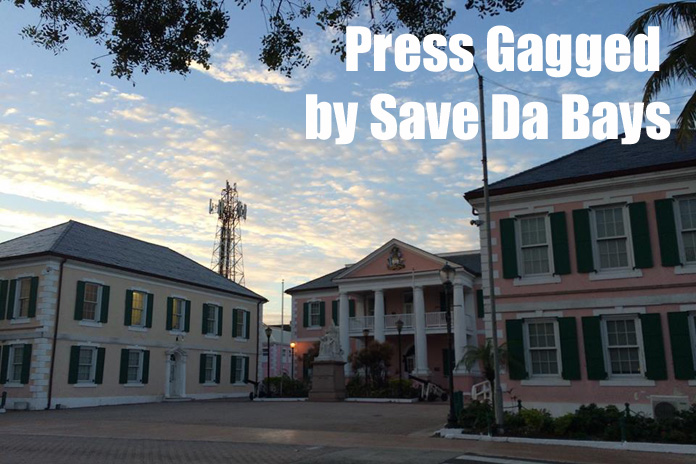
By Jerry Roker
for Bahamas Press
Times such as these beg the question as to whether the two-party, Westminster-style political system serves The Bahamas well. Could our small community do without organised party politics and instead have a nonpartisan system with all elected Members of Parliament being independents?
Or do we need a system that organises people and ideas into groups, so that one group can form a government and the other group can hold them to account to help to ensure that power is not abused?
Certainly, many people have become fed up with the partisan verbal warfare that passes for debate in the House of Assembly. The trading of barbs can be entertaining, but it surely detracts from the people’s business. And there is plenty of people’s business to do. The country faces weighty fiscal issues, unemployment, gun crime, and an underperforming public education system, and the question of how to stimulate economic growth in a way that is palatable to the Bahamian public.
It’s a tall order and tackling these issues will require a collaborative effort from the best minds the country can muster, an intelligent thrashing out of ideas among our lawmakers to reach solutions that have a chance of success.
However, the two-party system guarantees that many of the parliamentary exchanges in the coming years will involve political point-scoring, rather than a meaningful discussion of the difficult issues at hand. And the often bitter and personal nature of the Bahamian brand of party politics dissuades many of our brightest people from getting involved in the first place.
Too often our MPs dish out flaming rhetoric, bemoaning the inadequacies of their rivals across the floor and questioning their motives. It wins them plaudits from the party faithful, while dodging serious discussion of the growing number of elephants in the room. It retards progress toward the doing of the things that are necessary in the long-term interests of the country.
Advocates of nonpartisan elections argue that they allow the officeholder to be accountable to the people, and not to the political party responsible for nominating him/her to the office.
On the flip side, opponents of nonpartisan elections counter that providing the partisan affiliation of the candidates provides an important informational cue to the voters, and depriving voters of this information is making it more difficult for them to participate and participate meaningfully in elections.
A group of MPs unrestricted by party affiliations and whips’ orders could vote on each issue on its merits and according to their own personal judgment, rather than being pressured to toe the line. Debates would probably be less heated and more focused on the issues. There would no longer be a place for the tribal ritual of the two-party system, which costs so much debating time with its posturing and tiresome pantomime-like exchanges, always trying to reinforce the point: we are better than you. How often have we seen MPs’ views on a particular issue do an about-turn, simply because they went from government to opposition?
It raises the thought that the parties frequently engage in the role play of government versus opposition, rather than simply supporting ideas that they believe are good ones, or proposing ways in which proposed legislation could be improved.
Of course, a nonpartisan system would have drawbacks, not least in the selection of candidates for each constituency, a burden now shouldered by party organisations, and the possibility that elections could be dumbed down into a string of individual popularity contests, rather than giving the electorate a choice between two different sets of policy ideas.
Will The Bahamas ever hold a referendum on whether party politics should end? Highly unlikely, of course, given that a party in power would have to propose it in the manner of turkeys voting for Thanksgiving. But considering that there are other ways of doing things that might be less divisive and more focused than the present political system provides food for thought.
Given that non-affiliated politics are unlikely to be seen in The Bahamas anytime soon, the best we can hope for is that our politicians spend more time on dealing with the issues and less time engaging in partisan one-upmanship.







